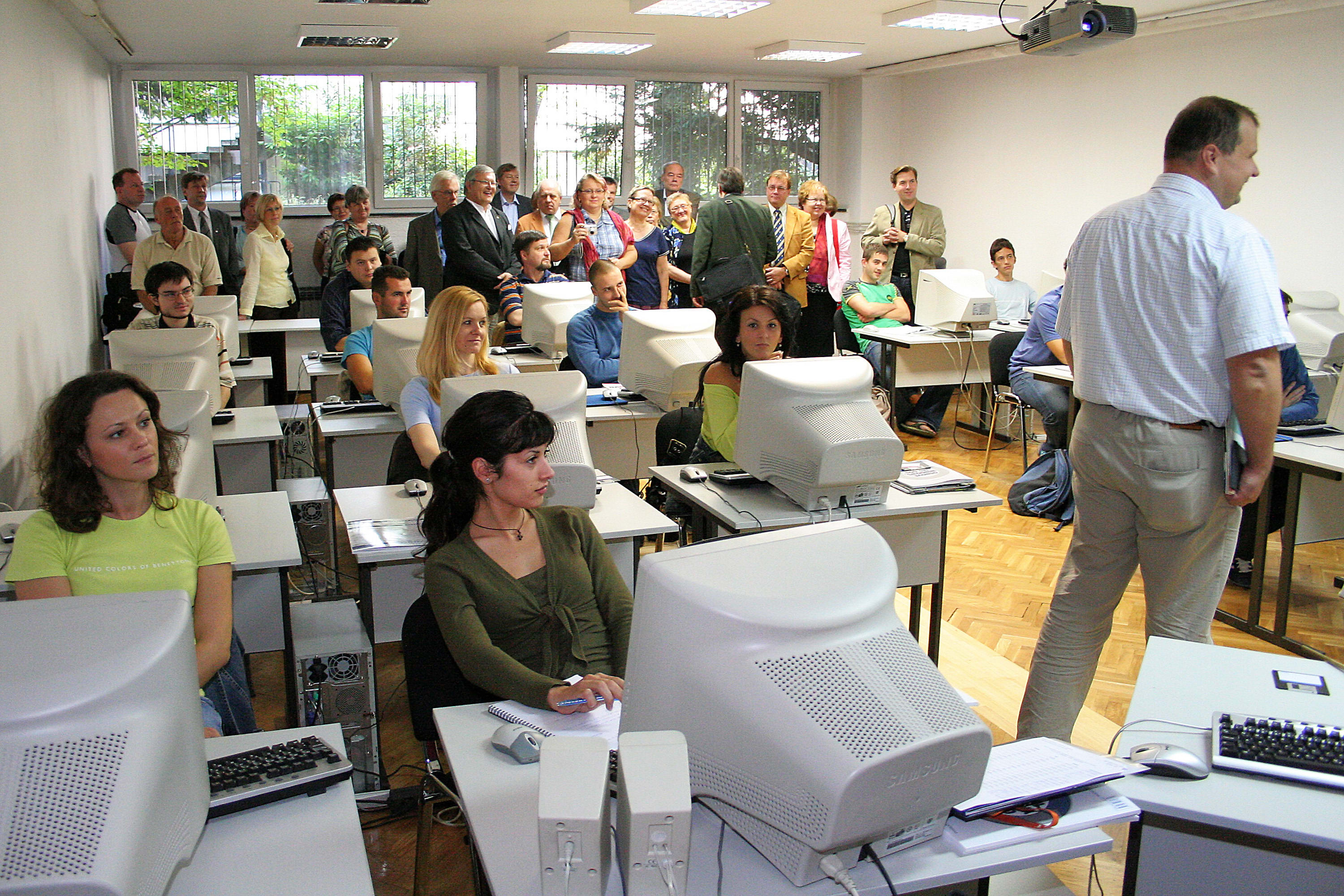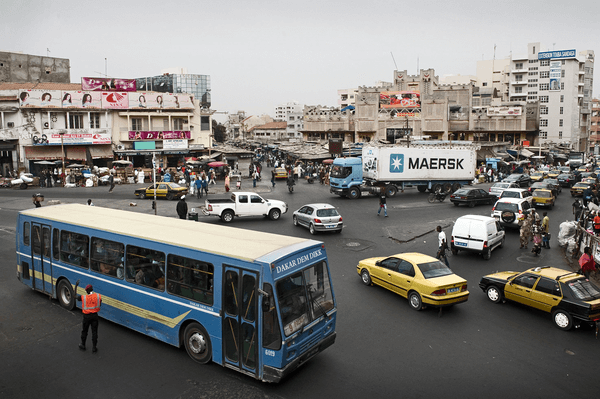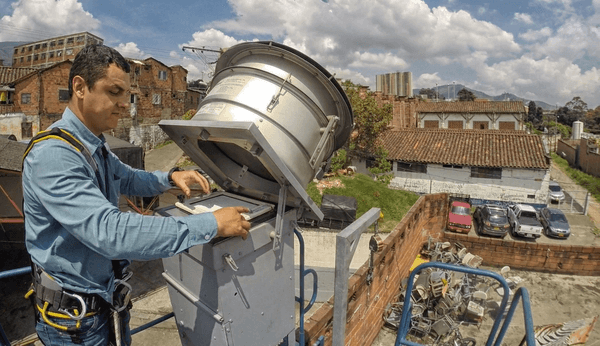In Green Jobs for social inclusion (see references), EUROCITIES identifies three main factors that contribute to the success of these city initiatives to create green jobs for social inclusion at the local level.
They are:
1. Combining demand and supply side interventions: an intervention does not solely focus on developing people’s competences, skills and motivation (supply side intervention) but also aims to create a tangible route into the labour market (demand side intervention).
On the demand side, the programme's objective is to provide a ‘protected’ working environment with the view of supporting people to gain real work experience to enable them to compete in the mainstream labour market.
These demand side interventions are then complemented by well-matched activation and training measures (supply side interventions) helping people to gain specific skills and improve their chances of accessing the labour market.
2. Linking the interventions to local employment opportunities
The second success factor is the strong link between the programmes and local employment opportunities. Cities as the level of government closest to the people have an in-depth knowledge of their local labour markets. They can design programmes in line with local economic demand and prepare people for jobs that are available locally. The effectiveness of the demand and supply interventions is made stronger when they are grounded in local businesses and job market needs.
3. Tailoring activation measures to the specific needs of people
The third success factor of the programmes is linking the activation measures to the specific needs of the target groups.
For local authorities, programmes that combine greening and social inclusion bring added value, particularly during periods of budgetary constraint and growing demand for services. Integrated programmes that address several objectives with one investment bring efficiency to local interventions. Given the longer term perspective of the sector, linking job seekers to local jobs in the green economy should continue to bring results as the sector is set to grow.
More information on the success factors: http://nws.eurocities.eu/MediaShell/media/green_jobs_for_social_inclusion_intro_FINAL.pdf








